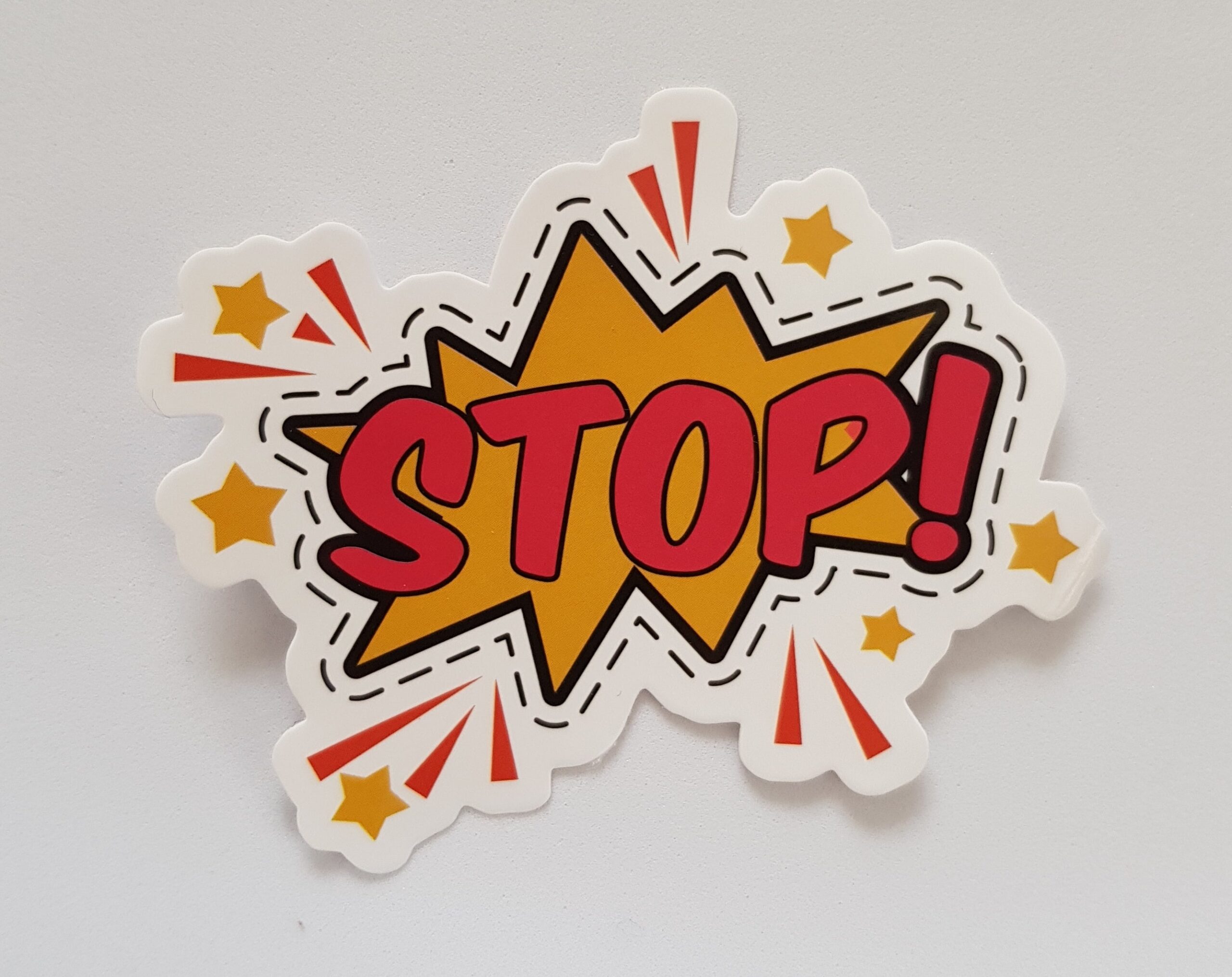In the world of law, injunctions are important tools used to protect people’s rights and prevent harm. They are court orders that tell someone to either do something or stop doing something. Injunctions are helpful in different situations where you need quick action to keep things fair and safe. In this blog post, we will explore what injunctions are, how they work, and why they matter in the legal system.
What Are Injunctions?
An injunction is a special order given by a court to make sure things stay the way they are or to prevent harm from happening in the future. When someone asks for an injunction, the court looks at the facts of the case and decides if it’s necessary to grant the request. Injunctions can be used to protect rights, property, or public interests.
Different Types of Injunctions
There are a few different types of injunctions that serve different purposes:
Injunction before claim: This is a short-term order that keeps things as they are until a proper hearing can take place. It’s used when there’s a pressing need to prevent immediate harm or preserve important evidence.
Interlocutory/Interim Injunction: This is a longer-term order that lasts until the case is fully resolved. It helps maintain the status quo during the legal process, ensuring that no irreversible harm happens before a final decision is made.
Permanent Injunction: This is a final order that prohibits someone from doing something forever. It is used in cases where ongoing harm needs to be prevented, like protecting intellectual property or stopping civil rights violations.
How Injunctions Work
To get an injunction, the person asking for it needs to show a few things:
a. Irreparable Harm: They have to prove that if the injunction isn’t granted, they will suffer harm that can’t be fixed with money alone. It means the damage would be permanent or very difficult to undo.
b. Likelihood of Winning: They need to show that they have a good chance of winning their case overall. This ensures that the court doesn’t give injunctions based on weak or unfounded claims.
c. Balancing Interests: The court looks at the situation and considers the harm to both parties if the injunction is granted or denied. It aims to be fair in all the circumstances.
What You Should Know
Injunctions have important consequences and considerations:
Following the Order: Once an injunction is granted, it’s mandatory to follow it. Not complying can lead to penalties for contempt of court.
Notice to Others: Injunctions might affect other people’s rights too. In those cases, the court often requires that those people are informed so their interests are considered.
Changing or Ending Injunctions: Injunctions can be modified or ended if circumstances change or new evidence comes up. The court can review and adjust the order if needed.
Conclusion
Injunctions are essential tools in the legal system, helping to protect rights and prevent harm. By providing immediate relief, they address urgent issues and maintain fairness until a final decision is made. Understanding what injunctions are, how they work, and their implications is important for everyone involved in legal matters.
Enjoyed this post? Find more here.

